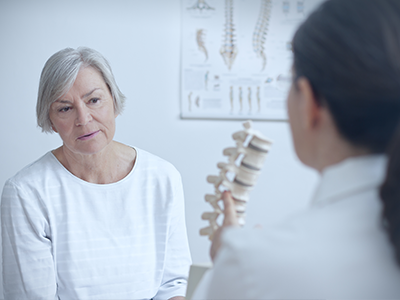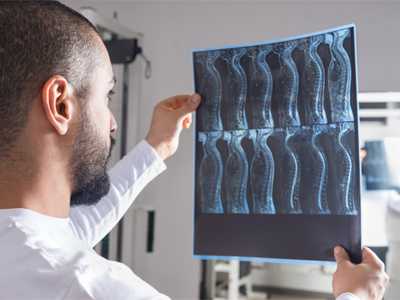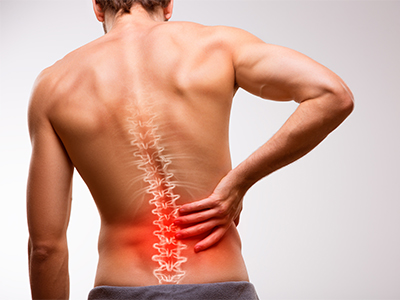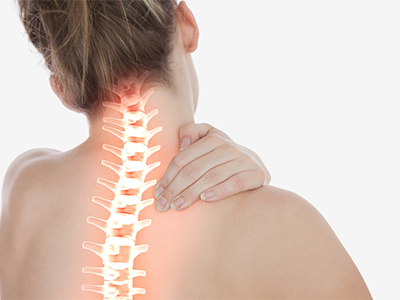KNOWLEDGEABLE.DEDICATED.COMPASSIONATE
SPINE SURGERY
AN INTEGRATIVE TEAM OF
NEUROSURGICAL SPECIALISTS.
TRILLIUM
SPINE SURGERY
Our team is championed by world-renowned neurosurgeons that also lead the Neurosurgery Division of Trillium Health Partners. Our surgeons offer unparalleled expertise and deliver a comprehensive spinal cord program that is tailored to meet individual needs to optimize recovery and improve mobility in patients.
TRILLIUM SPINE SURGERY
Accelerating Your Recovery
WHAT WE TREAT
Our Spinal Specialists are leaders in the techniques of minimally invasive spinal surgery. We offer treatments that avoid the need for large skin incisions or muscle damage. We have expertise in performing most operations including disc replacement or fusion through tiny incisions that allow rapid recovery and return to full function.
Back Pain
SPINAL DEFORMITIES
Spinal Deformities – The human spine has natural curves that work together to allow a person to stand up straight and tall. There are four different curves, two lordotic and two kyphotic curves that alternate to create an “S” like shape. Scoliosis and other spinal deformities are when there is an abnormality within the balance of these natural curves. These types of spinal deformities can significantly interfere with a patient’s quality of life
RADIATING PAIN & NUMBNESS
Radiating Pain and Numbness – Nerve symptoms can be an alarming experience for patients. They can include pain, numbness, tingling, weakness, or a heaviness feeling in the arms or legs. Sometimes these symptoms could be a sign of nerve damage. We take this seriously and want patients to seek medical attention. The longer symptoms persist without medical treatment could affect a patient’s ability to recover and have the symptoms resolve. Even if you think your symptoms are mild, we encourage that you have an evaluation before they could progress and turn into something more serious. A thorough examination and consultation with a spinal specialist can be critical to finding the right diagnosis.
NECK PAIN
Neck Pain – Injury or chronic pain in the neck or arms can get in the way of an active lifestyle. Depending on your level of pain, you may even have trouble driving a car, typing on a keyboard, or completing other normal activities of daily living. These aches can be brought on by any number of factors, both external and internal. It’s important to listen to the cues your body provides about where the pain lies, how severe it is, how long it lasts, and how frequently it recurs. If the problem does not require immediate medical attention, monitor your symptoms so you can share with a spinal specialist how frequently it recurs. Keep track and monitor your symptoms to better describe them when seeking evaluation with a spinal specialist.
It is important to note that neck pain can be either localized to the cervical spine or it may radiate down your arm, which is referred to as “radiculopathy”. Learn about all of the symptoms and conditions associated with cervical spine conditions.
Degenerative Disc Disease
Degenerative disc disease in the back is a condition that involves weakening of one or more vertebral discs which normally act as a cushion between the vertebrae. This condition can develop as a natural part of the aging process but may also result from an injury to the back. When the disc degenerates the disc begins to lose many of its properties that make it a good shock absorber. For some people these tears can cause considerable pain and spasms.
Spinal Stenosis
Lumbar Spinal Stenosis refers to a narrowing of the spinal canal to a degree where the spinal cord or nerve roots may be compromised. Spinal stenosis may occur throughout the spine but is more common in the low back and in the neck. Symptoms depend on whether narrowing affects the spinal nerve roots, the spinal cord, or both. Spinal stenosis can cause patients to have symptoms in the arms or legs.






